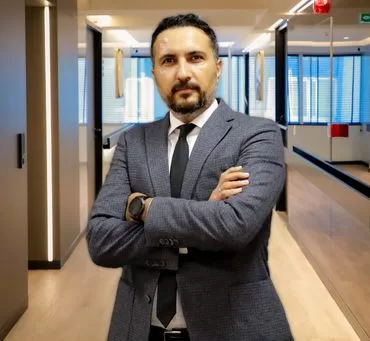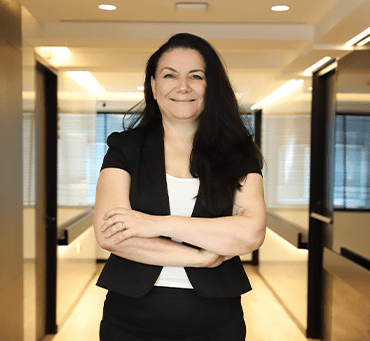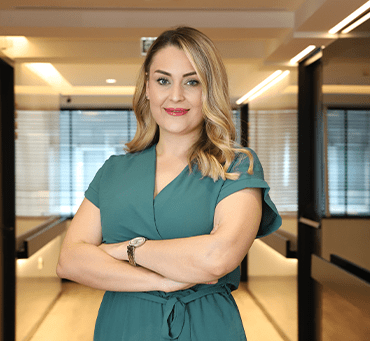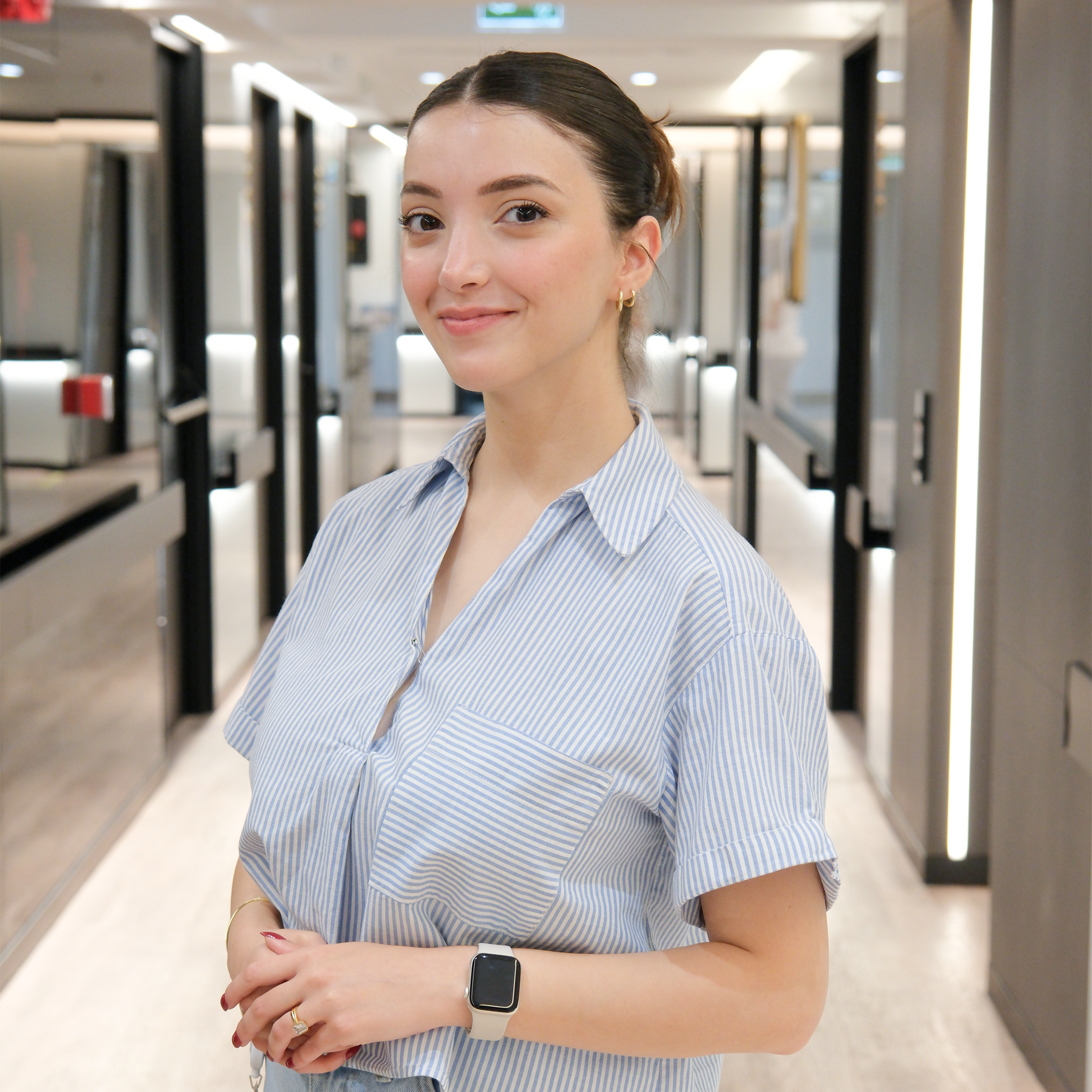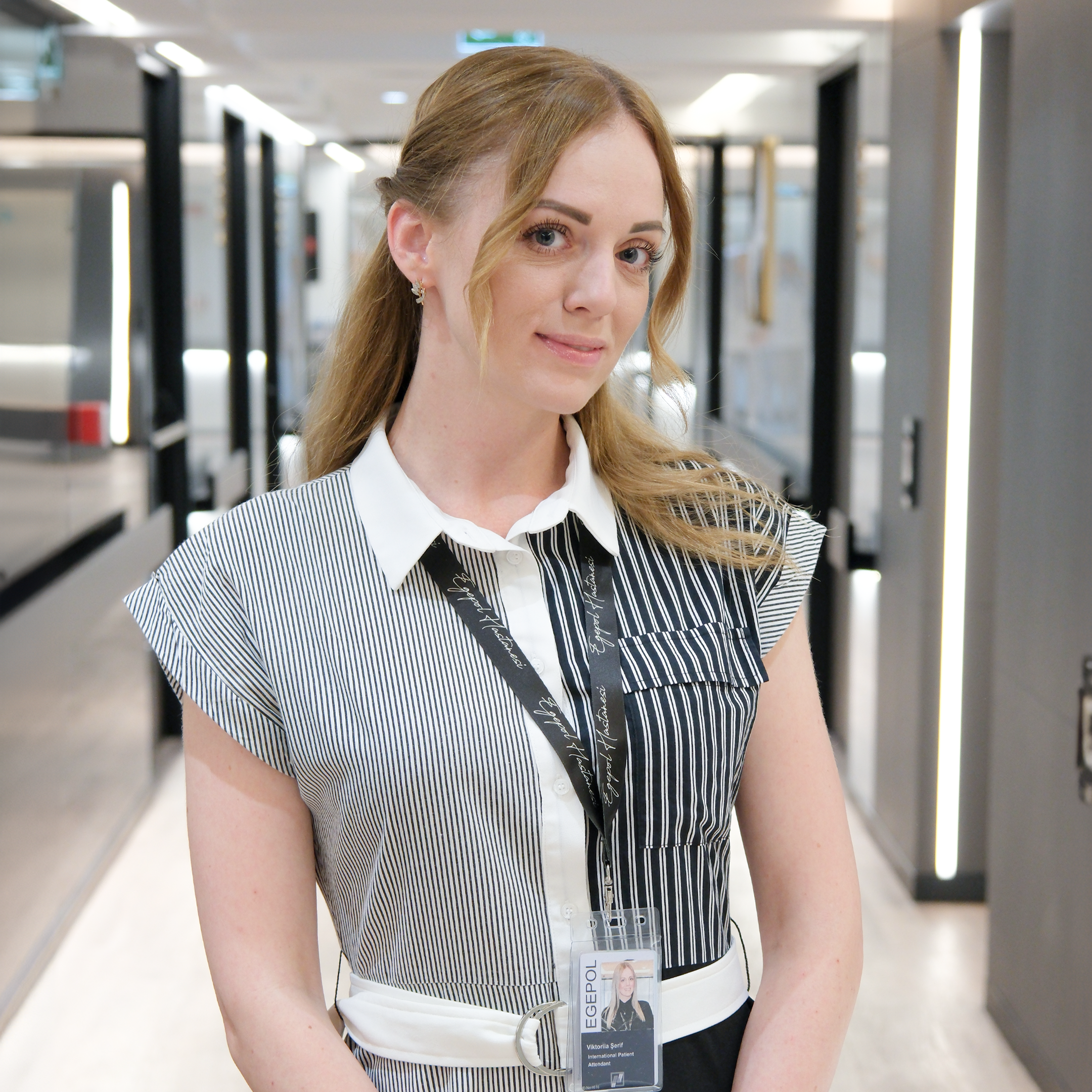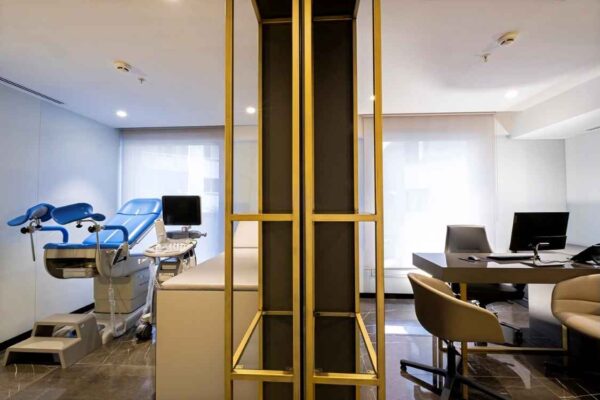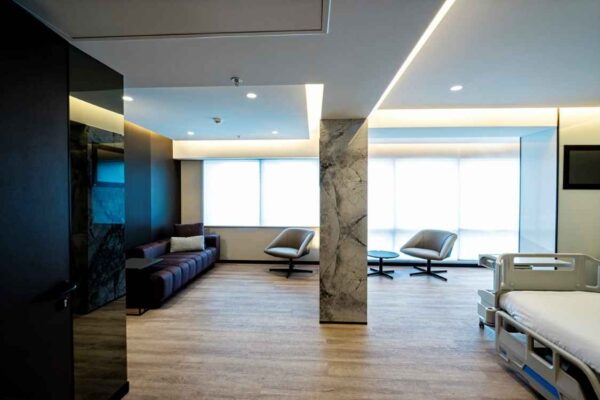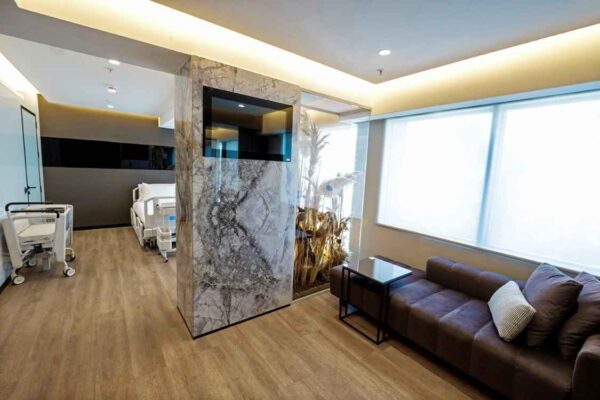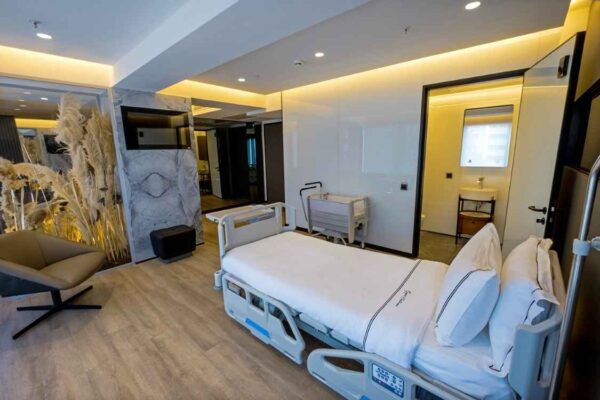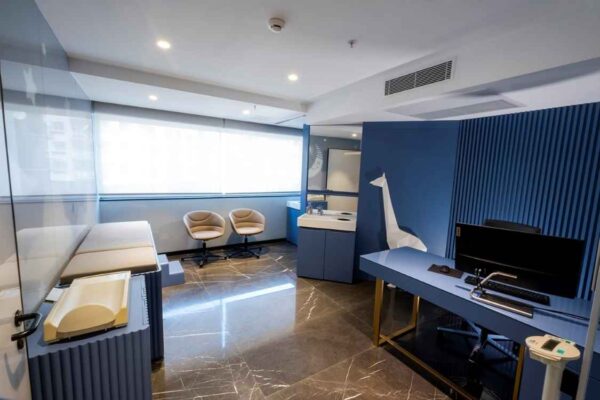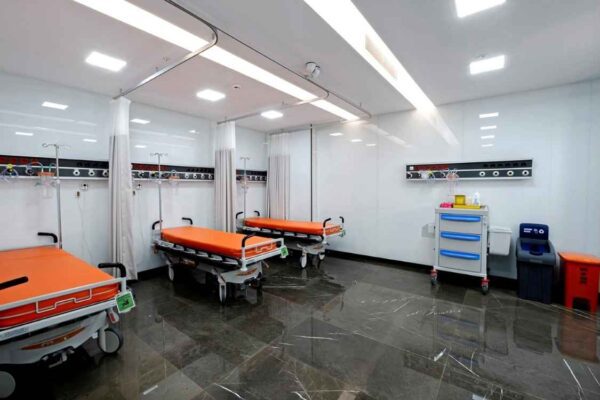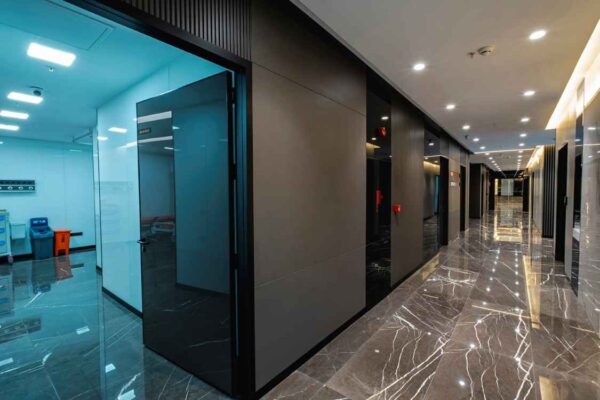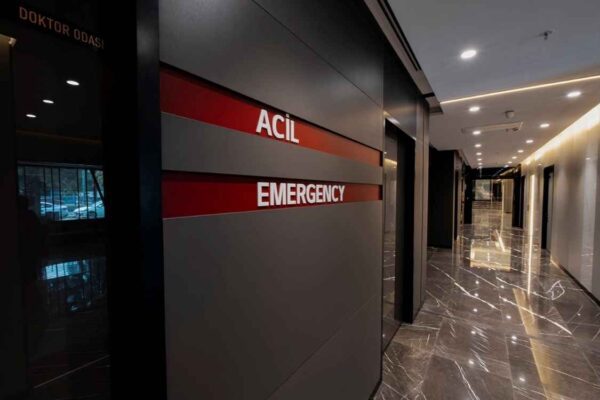Lip filling involves injecting a substance into the lips to occupy and enhance their volume and shape. It is a cosmetic procedure performed by healthcare professionals to address lip thinness or asymmetry.
The substance is typically a dermal filler, and seeking a qualified practitioner ensures safe and effective results.
What is Filling?
Lip filling, or lip augmentation, is a cosmetic procedure that enhances the size and shape of the lips. It involves injecting dermal fillers, often hyaluronic acid-based, into the lips to create a fuller appearance.
An anesthetic is usually applied to minimize discomfort. The filler adds volume and contour to the lips, with immediate results lasting several months to a year. Side effects like swelling and bruising may occur temporarily.
It is crucial to seek a qualified professional for lip filling to ensure safety and achieve desired outcomes. Consulting with a healthcare provider will help assess individual needs and discuss potential risks and benefits.
How is Lip Filling Performed?
The process of lip filling involves several steps to achieve the desired enhancement:
- Anesthesia: Prior to the procedure, a topical or local anesthetic is applied to numb the lips and ensure comfort during the treatment.
- Preparation: The healthcare professional prepares the dermal filler, typically a hyaluronic acid-based substance, for injection into the lips.
- Injection: Using a fine needle or cannula, the filler is carefully injected into specific areas of the lips to enhance volume and shape.
- Molding and shaping: After the injection, the healthcare professional may massage and shape the filler to achieve the desired contour and symmetry.
- Assessment: The results are assessed, and additional filler may be added if necessary to achieve the desired outcome.
The entire procedure is typically performed in a short period of time, with immediate results that can last for several months to a year.
In conclusion, lip filling is a cosmetic procedure that involves the precise injection of dermal fillers to enhance the size and shape of the lips, providing a fuller and more appealing appearance.
What should be considered after Lip Filling?
After undergoing lip filling, there are several important considerations for a successful recovery and optimal results. Here are some key points to keep in mind:
- Follow the post-procedure instructions provided by your provider diligently. This may include ice application, medication usage, and activity restrictions.
- Expect some swelling and bruising in the treated area, which is normal. Applying ice packs or cold compresses can help reduce swelling.
- Avoid touching, rubbing, or applying pressure to the treated lips for the first few days to allow the filler to settle properly.
- Avoid hot and spicy foods, as well as activities that may increase blood flow to the lips, such as saunas or hot yoga, for a couple of days after the procedure.
- Maintain good oral hygiene and avoid excessive lip movements, such as puckering or excessive smiling, immediately after the treatment.
- Stay hydrated and avoid excessive alcohol consumption, as it can dehydrate the body and affect the longevity of the filler.
- Attend any scheduled follow-up appointments to monitor your progress and address any concerns or complications.
- Be patient, as the final results of lip fillers may take a few days to settle and appear more natural.
- Protect your lips from excessive sun exposure by applying a lip balm with SPF.
- If you experience severe pain, unusual swelling, or any signs of infection, contact your provider immediately for proper evaluation and guidance.
FAQs
In Turkey, various payment options are available for lip filling procedures. Most clinics accept credit cards, allowing for convenient payment. Bank transfers are also commonly accepted, providing a direct payment method. Additionally, cash payments are often accepted by clinics for lip filling treatments, offering flexibility to patients.
No, lip filling procedures are typically not covered by insurance plans. Insurance providers generally consider lip augmentation to be a cosmetic treatment, and therefore, it falls outside the scope of coverage. As a result, individuals seeking lip filling should be prepared to pay for the procedure out of pocket. It’s advisable to consult with the healthcare provider or clinic for detailed information about the cost and payment options associated with lip filling.
Lip filling procedures may be cheaper in Turkey due to various factors such as lower operating costs, currency exchange rates, and competition among clinics. Additionally, Turkey is known for its thriving medical tourism industry, which offers competitive pricing to attract international patients seeking affordable cosmetic treatments.
No, obtaining financing specifically for lip filling procedures is generally not available. Traditional financing options such as personal loans or medical credit cards may not cover cosmetic procedures. It’s recommended to explore alternative payment methods or discuss potential payment plans directly with the healthcare provider or clinic.
In Turkey, the age limit for lip filling surgery can vary depending on the policies and regulations of individual clinics or healthcare providers. It is common for practitioners to assess the suitability of the procedure on a case-by-case basis, taking into consideration factors such as the individual’s overall health, maturity, and specific needs.
The percentage chance of lip filling surgery going wrong can vary depending on several factors, including the individual’s health, the expertise of the healthcare professional, and proper adherence to safety measures. While complications are generally rare, it’s important to consult with a qualified professional to understand the potential risks and ensure a safe procedure.
Serious problems after lip filling procedures are generally rare but can occur in some cases. Potential complications may include excessive swelling, bruising, infection, asymmetry, allergic reactions, or vascular occlusion. It’s crucial to choose a skilled practitioner, follow aftercare instructions, and promptly report any concerning symptoms to mitigate risks and ensure proper management if issues arise.
Our Team
Our Hospital
Atilla, Halide Edip Adıvar St.
No:57, 35270 Konak/İzmir




